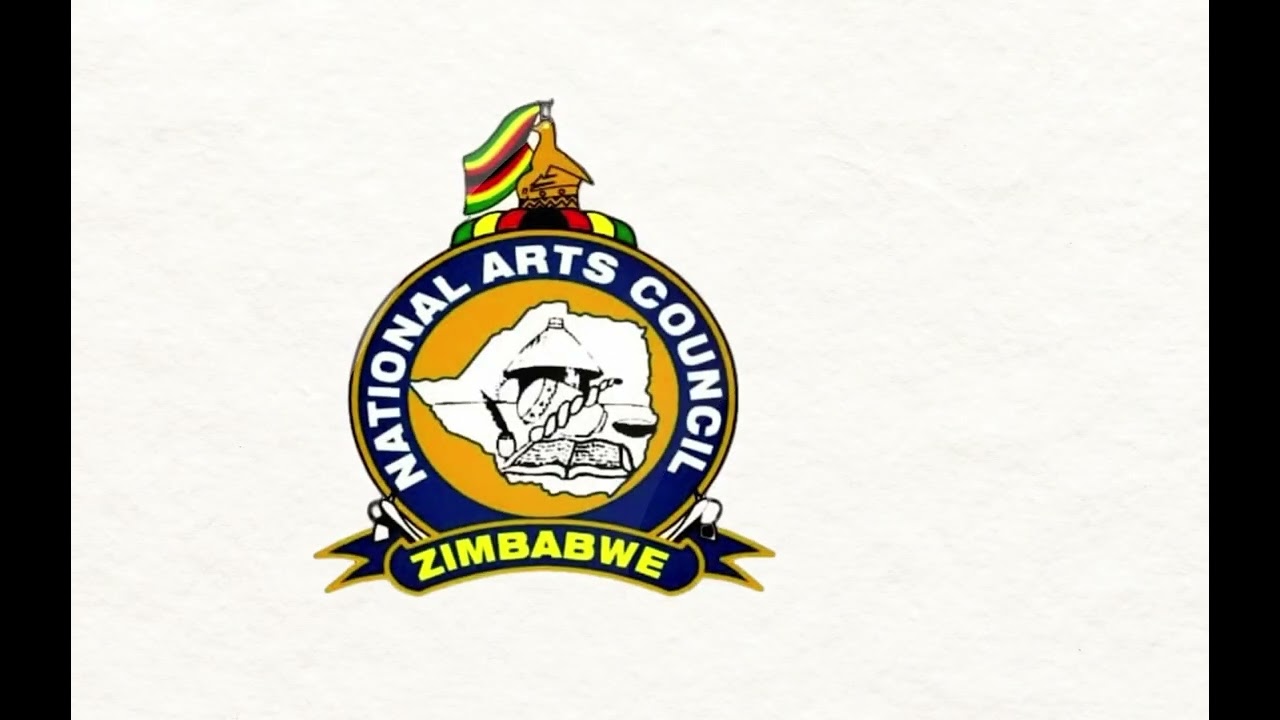Music promoters across Zimbabwe are urging the government to urgently review and reduce the high costs associated with obtaining and renewing promoter licences, as well as the multiple taxes and levies imposed each time an event is hosted. Industry players say these fees are crippling the live entertainment sector and stifling its potential to contribute meaningfully to the national economy.
Their appeal comes at a time when the government has approved reductions in business licensing fees, including slashing the liquor licence application fee from US$1 080 to US$20, a move aimed at improving the ease of doing business and stimulating growth. Promoters now want similar relief extended to the arts and entertainment sector, which plays a key role in job creation, tourism, and revenue generation.
Currently, promoters must register with the National Arts Council of Zimbabwe (NACZ) for US$1 850, with an annual renewal fee of US$1 750. On top of that, promoters must pay 15 percent of an artist's fee to the Zimbabwe Revenue Authority (Zimra), a minimum of US$1 000 per show, US$250 to the Zimbabwe Censorship Board (ZCB), and US$500 to the Department of Immigration for shows featuring regional or international acts. Local shows attract a US$100 NACZ clearance fee.
Veteran promoter Dee Nosh of DTL Events, known for hosting large-scale events including the upcoming Kadoma Music Festival, said Zimbabwe has become one of the most expensive countries in Southern Africa to stage shows, particularly those featuring international acts. "The amount of money we pay to various authorities is simply too much. This is why show tickets are expensive. Promoters are forced to pass on the costs to consumers to recover flights, hotel bookings, artiste fees, and government charges," he said.
Nosh added that many promoters bypass the system entirely or take their events across borders to avoid these fees. "Because of the costs involved, many prefer to host the same event in neighbouring countries like Botswana or Zambia, where bringing in an international act is free. Zimbabwe loses revenue and tourism income because of that," he said.
Bulawayo-based promoter Mduduzi Mdlongwa of 3D Events echoed these concerns, emphasising that while promoters are business-minded and willing to comply with regulations, the current costs are unsustainable. He detailed the expenses involved in bringing an international act like South African star Sjava, noting that travel, accommodation, and government levies push total costs to around US$10 000 per show. Such outlays make events high-risk and discourage licence renewals. "This year, fewer than 50 of over 300 promoters renewed their licences. The system is unsustainable and opens the door to unregistered promoters exploiting others' licences," he said.
Promoter Tapiwa Gandiwa, who hosts events in Bulawayo, Gwanda, and Beitbridge, added that heavy fees are a barrier to growth, especially for promoters outside major cities. Renowned theatre practitioner Daves Guzha went further, suggesting that annual licence fees should be abolished, arguing that NACZ should instead provide grants to promoters and artists rather than collect fees.
Promoters stress that the call for reform is not merely about reducing costs, but about building a vibrant, competitive, and sustainable entertainment industry. With Zimbabwe already losing major events, audiences, and revenue to neighbouring countries, industry stakeholders warn that without urgent intervention, the situation will continue to deteriorate. They argue that lowering fees would encourage compliance, bring more promoters into the formal system, and unlock the sector's potential as a driver of tourism, cultural exchange, job creation, and broader economic growth.
- The Chronicle
 OK Zimbabwe posts US$17,8 million loss
OK Zimbabwe posts US$17,8 million loss  Hichilema meets Chivayo
Hichilema meets Chivayo  Millions celebrate Diwali festival in India
Millions celebrate Diwali festival in India  Econet Zimbabwe to delist from ZSE
Econet Zimbabwe to delist from ZSE  Gold edges up as traders await guidance
Gold edges up as traders await guidance  Mnangagwa fires Chitando, appoints Polite Kambamura
Mnangagwa fires Chitando, appoints Polite Kambamura  Young Investment Professional (YIP) Graduate Programme 2019
Young Investment Professional (YIP) Graduate Programme 2019 











 Young Investment Professional (YIP) Graduate Programme 2019
Young Investment Professional (YIP) Graduate Programme 2019
Editor's Pick